As a parent of a pre-school or school age child, you want to help your child to communicate and interact with peers appropriately and successfully. When we think of communication, we often associate it with verbal behaviours, which include “talking,” and “using words.”
However, communication goes beyond just verbal output, it also involves nonverbal behaviours such as eye contact, facial expressions, gestures and appropriate distance between people.
Furthermore, communicating socially requires additional skills, which include using language for different purposes, changing language according to the needs of the listener or situation, and following rules for conversation.
In order to provide the right support, we need to first begin by understanding the social communication developmental milestones in young children.
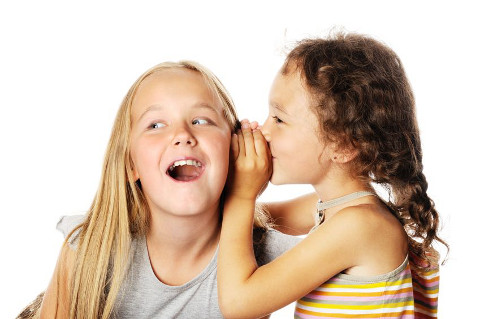
Children between ages 2-3 begin to control behaviour verbally rather than just physically
- They start to request permission for items or activities.
- They are able to participate in simple group activities and usually watch other children briefly before joining in their play.
Children at age 3-4 begin to relate personal experiences through verbalization.
- They start to express ideas and feelings and show frustration if not understood.
- They begin to be able to take turns and play cooperatively with peers.
At age 4-5, children show greater language use for social interactions.
- They use words to invite others to play, use language to resolve disputes with peers, and use direct requests with justification (e.g. “Stop that. You are hurting me.”)
At age 5-6, children’s social language becomes increasingly sophisticated.
- They begin to use word plays, ask questions for information, ask for meanings of words, and use threats and promises.
- In terms of peer interactions, they start making group decisions, assigning roles, and playing fairly. Some children are able to learn these skills quickly by watching and interacting with adults and other children.
- However, for others, they would require some support in order to gain the skills needed for successful social communication. With your help, your child can acquire the skills and improve on them.
Fun Activities to support your child’s social communication
Here are some fun activities you can do with your child.
1. Play a “guess the face” game. Teach your child basic emotions such as sadness, anger, surprise, fear, and happiness and help them understand facial expressions and the emotions they convey.
2. Discuss and associate different situations to various emotions. As they become more observant of the emotional signals of others, they are better able to detect how others are feeling and react appropriately early in the interaction. Correct recognition of emotional expressions is foundational to successful social interaction.
3. Play games with your child to teach turn-taking skills and playing games fairly. Board games such as Snakes and Ladders and bingo help children learn the turn-taking aspect of playing and communication. You can incorporate social language while playing such as “Who goes first?” “Adam goes first.” “Whose turn is it?” “It’s your turn.”
4. Plan a cooking activity and share and eat the food afterwards.
5. Snack time is a great time to teach your child offering and requesting food appropriately.
6. You can show your child how to gain a person’s attention appropriately by tapping on the shoulder or calling the person’s name. You can incorporate social language when modelling requests “May I have some please?” and offering snacks such as “Would you like some?”
7. Setting up or organising play dates with one or more peers can help your child practice his learnt social communication skills in a natural setting. It can also be a good opportunity to assess which areas he /she require more support.
8. Modeling and using pictures or other visuals such as written words with your child can help to give your him/her the words to use in social interactions and can help develop social communication skills in peer interactions.
It is not unusual for children to have social communication difficulties in a few situations.
However, if the problems in social language use occur more often and seem inappropriate for the child’s age, your child may need intervention to address the learning of specific verbal and nonverbal behaviours for peer interaction.
A team approach involving speech language therapists, teachers, parents and peers is important in promoting generalizations of skills and in supporting success in social communication.
This article is brought to you by the team of speech-language therapists and occupational therapists from THK Therapy Services (Previously known as The Children’s Therapy Centre). They work with children of all ages with communication, motor or attention difficulties.
This was first published in The New Age Parents online magazine.
* * * * *
If you find this article useful, do click Like and Share at the bottom of the post, thank you.
Like what you see here? Get parenting tips and stories straight to your inbox! Join our mailing list here.












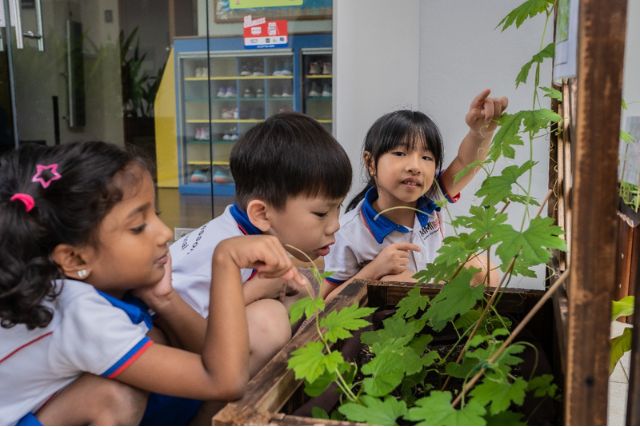


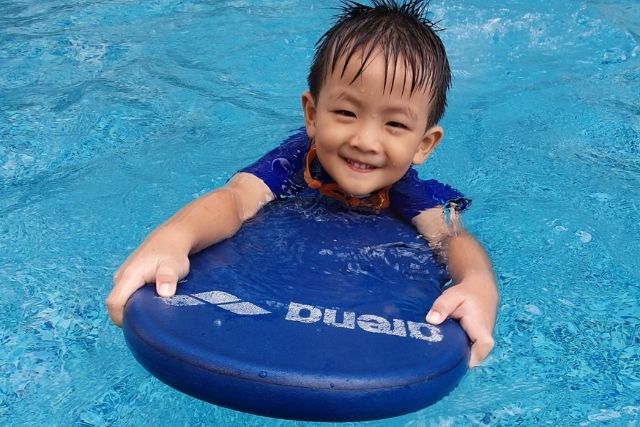




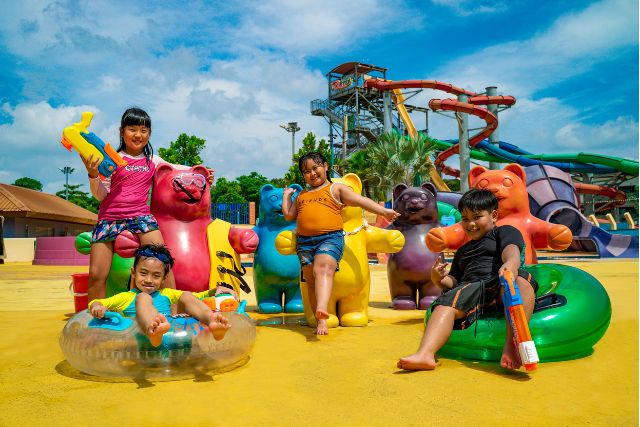













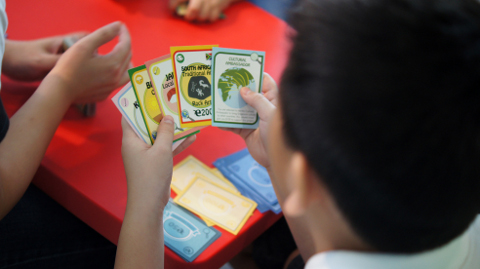

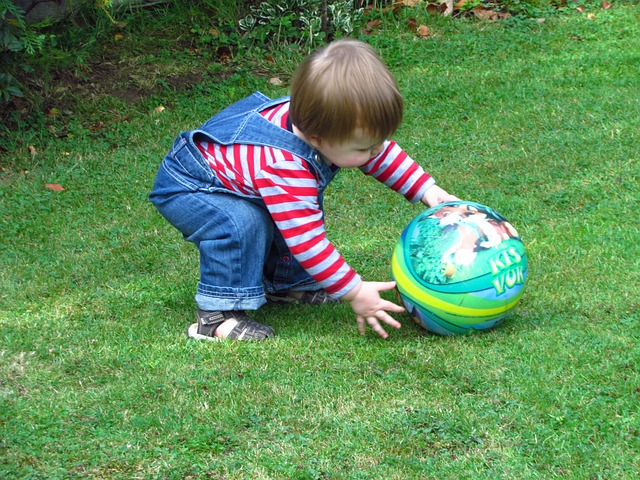
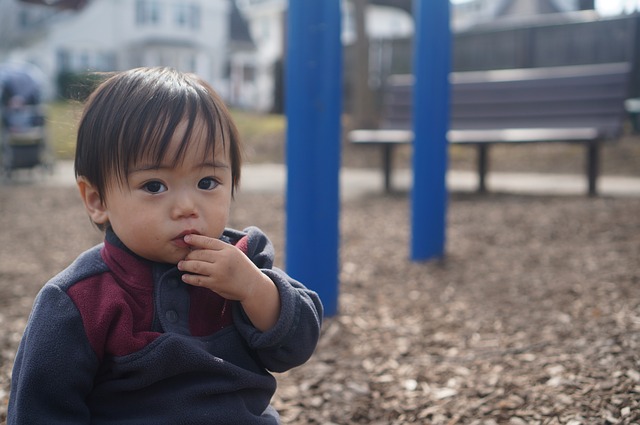

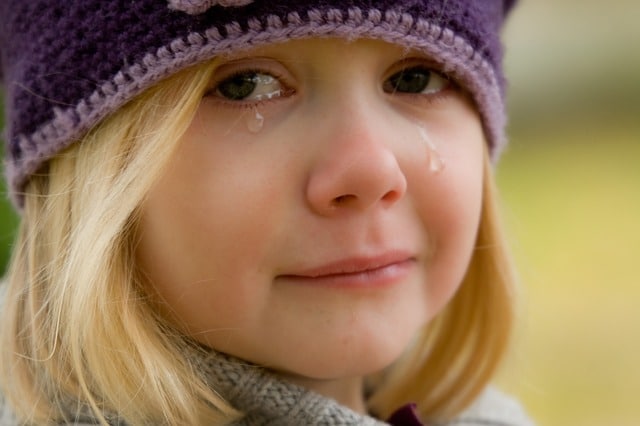
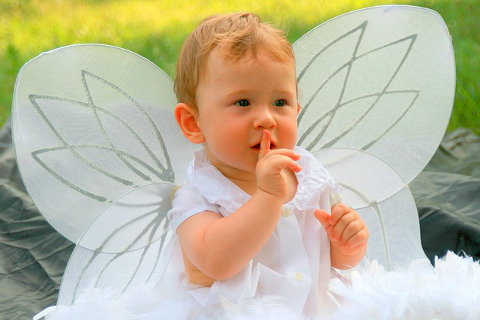



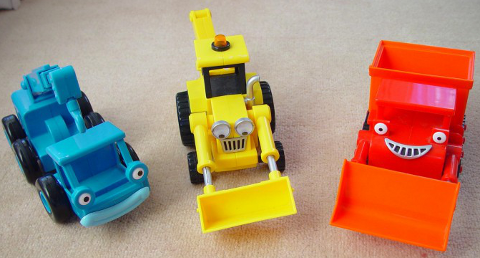
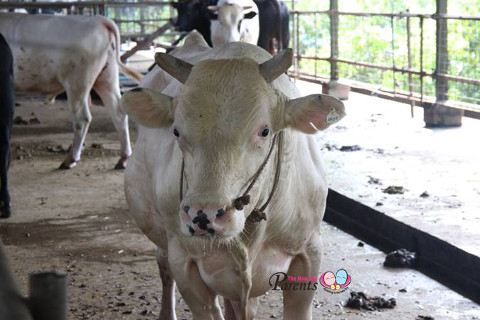
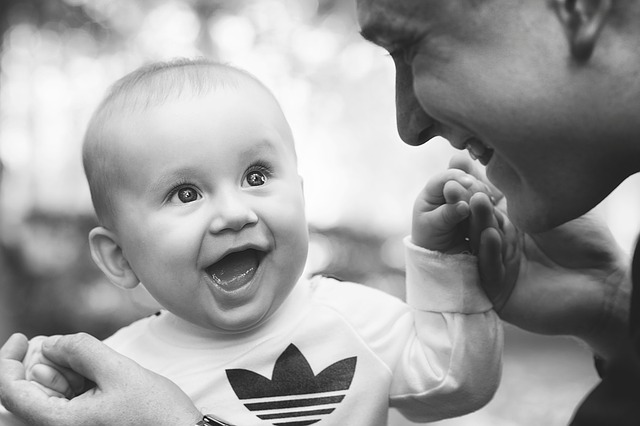

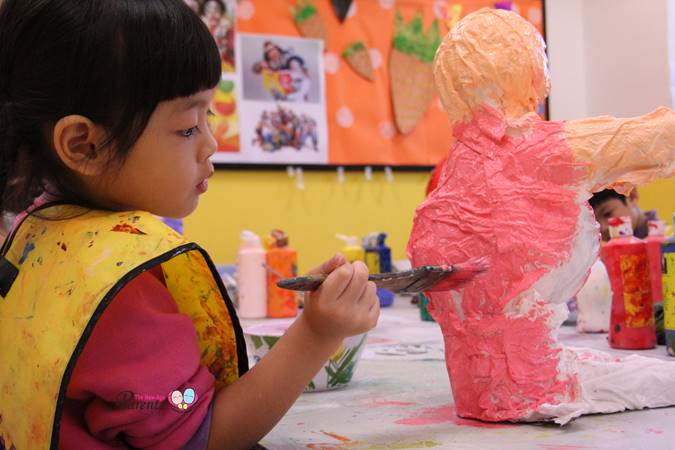









Leave a Comment: